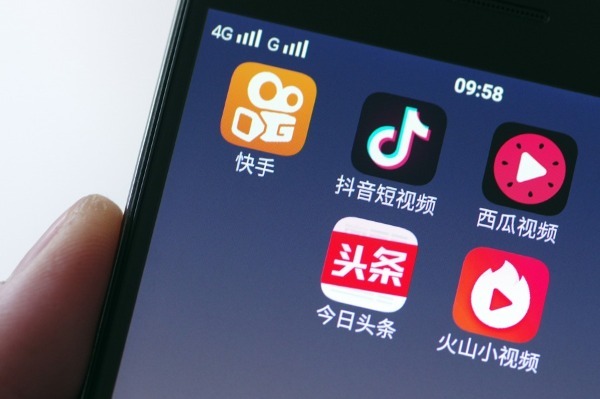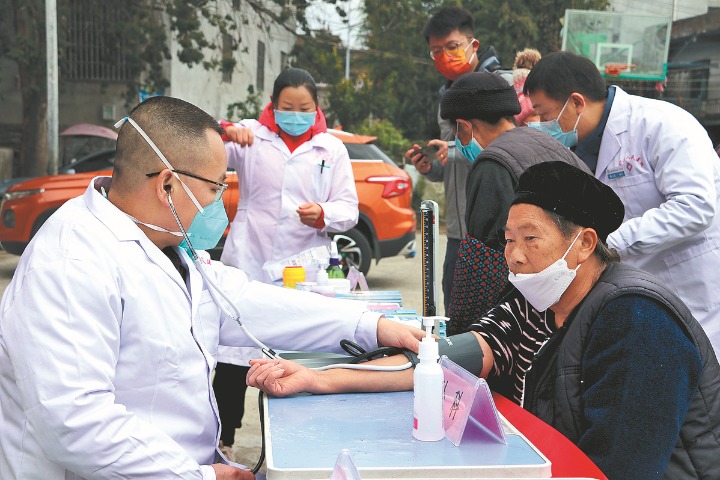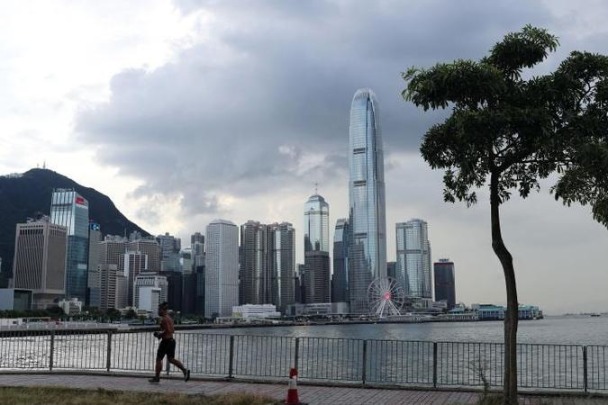What roles do new media play in the fight against COVID-19?
It is important to note that the information provided in this Series is intended for your general knowledge only and is not a substitute for professional medical advice or treatment.

New media are forms of media that are characterized by digitalization and rely on the internet for distribution. In the fight against the epidemic, new media serve important functions in releasing and transmitting information, mobilizing society-wide participation and guaranteeing basic livelihoods by giving full play of their platform advantage.
First, new media help disclose and disseminate information timely, comprehensively and effectively. Featuring zero time-lag redistribution, new media have innate advantages in information disclosure. Besides, the deep integration of new and traditional media combines new media's advantages of promptness and convenience with traditional media's authority and greatly improves information distribution and effectiveness, creating platforms such as WeChat and Weibo accounts of government departments and mobile applications of mainstream media. Amid the outbreak, new media instantly release daily updates of confirmed and suspected cases, prevention and control measures, official circulars as well as clarification and refutation of rumors. From January 20 to 31, over 26,000 governmental Weibo accounts posted more than 550,000 pieces of information related to coronavirus, drawing over 11.4 billion views. In addition, new media help popularize scientific knowledge on COVID-19 in an understandable and straightforward manner. For example, on platforms like TikTok, short videos on COVID-19 were widely spread, and some of them had over a million clicks.
Second, new media enable whole-society collaboration in epidemic prevention. New media facilitate communication between the government and the public, providing smooth expression mechanism and fulfilling people's right to know and to supervise. With the contribution of new media, the Chinese government could also promptly respond to the public's concerns. New media provide important platforms to involve the whole society in the fight. Faced with the shortage of anti-viral materials at the beginning of the epidemic, some hospitals and local governments called for help via new media. Such information was rapidly and widely spread, prompting social organizations, enterprises, and volunteers to take immediate actions to help address the difficulties. In addition, new media facilitate mutual learning among local governments. The effective prevention measures adopted by some local governments were circulated in the form of short videos on new media platforms, enriching the epidemic prevention toolkit and providing references to others.
Third, new media helps ensure daily life needs during the lockdown. Daily life became inconvenient inevitably after the lockdown and other prevention and control measures were taken. Thanks to new media, people could still closely interact with each other, and anxiety brought by social distancing was greatly relieved. New media platforms also helped meet people's basic needs. For example, a new media platform in Shanghai provided residents with such services as searching for qualified suppliers of anti-epidemic materials, ways of ordering face masks, and navigation of fever outpatient clinics.
While new media played positive roles in epidemic control, there were also side effects that should not be ignored. Faced with fierce competition, some new media made and spread rumors and fake news, exacerbated the panic of the public and undermined prevention and control of the epidemic. As such, proper regulation and guidance is also needed to give full play to new media's advantages.
References:
[1] theory.gmw.cn/2020-02/22/content_33580766.htm
[2] epaper.gmw.cn/gmrb/html/2020-03/06/nw.D110000gmrb_20200306_3-06.htm
[3] http://www.gov.cn/xinwen/2020-03/19/content_5493079.htm
[4] media.people.com.cn/n1/2020/0220/c40628-31596516.html
Author: Liang Xiaomin,Center for International Knowledge on Development
Please feel free to contact us by sending your questions to question@chinadaily.com.cn or commenting on China Daily app. We will ask experts to answer them.














